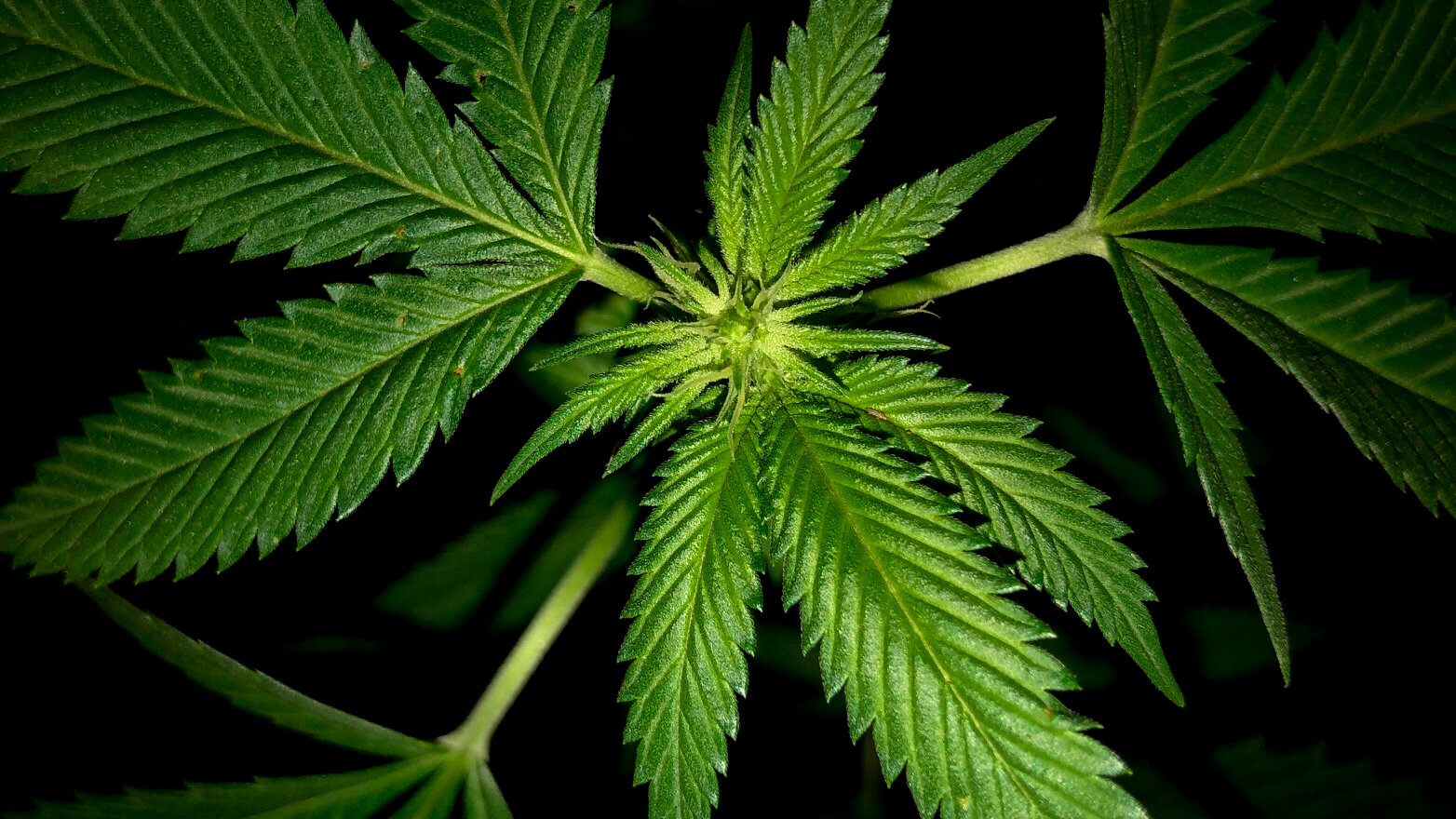VVD minister voor Medische Zorg, Bruno Bruins, een koekenbakker van de derde orde, vond dat hij te weinig het nieuws haalt en na een maand lang hersenstormen was hij eruit: in de VS is een 'crisis' met voorgeschreven opiaten en wat daar kan is hier ook mogelijk......
Afgelopen zaterdag meldde het NOS radionieuws dat Nederland kampt met een opiatencrisis, inderdaad de gekopieerde hysterie uit de VS...... Volgens Bruins zijn er in Nederland naar schatting 500.000 mensen die soms oxycodon gebruiken, ofwel die 500.000 mensen vormen niet een vaste groep die al jaren oxycodon gebruikt.....
Bruins snapt het niet helemaal, maar als je bijvoorbeeld een inoperabele hernia met of zonder versleten tussenwervelschijven hebt, kan je eenvoudigweg niet zonder een medicijn als oxycodon....
Treurig deze Bruins gistermorgen te horen op Radio1 in Standpunt NL. Deze mislukte zakkenwasser moest op de meeste vragen het antwoord schuldig blijven, daar hij geen antwoord kent op die vragen, vragen die uit de opgeklopte hysterie van afgelopen weekeinde opdoken..... Zoals de vraag waarom het aantal gebruikers van deze middelen in 10 jaar tijd is gestegen van 93.000 naar 500.000......
Nee Bruins wil eerst een uitvoerig onderzoek voordat hij vragen kan beantwoorden..... Waarom dan in godsnaam met deze hysterie op de proppen komen, terwijl hij NB zelf aangaf dat de situatie in de VS hem aan het denken zette en tot deze onzalige actie bracht.......
Yoeri Albrecht, ook in Standpunt NL en al jaren VVD aanhanger, vond dat Bruins een goed verhaal had..... ha! ha! ha! ha! ha! Ach ja, plork Albrecht......
Bruins zou eindelijk huisartsen moeten verbieden medicijnen als oxycodon voor te schrijven, dat is de taak van een specialist, hetzelfde geldt voor psychofarmaca, niet zelden schrijven huisartsen deze medicijnen voor, zelfs aan kinderen........ De kennis voor dergelijke medicatie bij huisartsen schiet daarvoor zwaar tekort....
Dan nog even de cijfers in de VS: van 1999 tot 2017 zijn in de VS 218.000 mensen overleden aan voorgeschreven opiaten (harddrugs), terwijl het laatste cijfer dat ik kon vinden voor doden door de harddrug alcohol dateert van 2010 en dat was in de VS destijds jaarlijks 88.000 doden, gegarandeerd dat dit er nu veel meer zijn...... Ofwel het aantal doden door voorgeschreven opiaten kan nog net in de schaduw staan van het aantal doden door alcohol....... Terwijl over de laatste harddrug geen hysterie bestaat in de VS, behalve dan bij fundamentalistische christenen, moslims en leden van de blauwe knoop....
In Nederland overlijden dagelijks gemiddeld 12 mensen aan de gevolgen van langdurig alcohol gebruik, wedden dat er dagelijks gemiddeld zelfs niet één persoon overlijdt aan oxycodon of vergelijkbare middelen???
Kortom Bruins heeft een levensgrote bok geschoten met zijn navolging van de hysterie in de VS, wat een prutser en dat tegen een achterlijk hoog salaris.......
PS heb Bruins nooit gehoord over een verbod op alcoholreclames, zijn partij, misdadigersbende VVD is dan ook tegen een verbod op alcoholreclames, terwijl alcohol de dodelijkste harddrug is in ons land....... Nee, de VVD is wel tegen een verder vrijgeven van cannabis en is al helemaal mordicus tegen zaken als paddo's, terwijl deze softdrug nooit één op één kan worden verbonden aan de dood van gebruikers, anders dan in combinatie met harddrugs als alcohol en/of XTC en/of cocaïne, waarbij de overledenen ook nog eens medicatie als psychofarmaca gebruikten....... Na 2 van dergelijke doden besloot de corrupte VVD kakzever Opstelten paddo's te verbieden, 2 doden in een aantal jaren tijd, terwijl er zoals gezegd 12 mensen per dag overlijden aan de gevolgen van langdurig alcohol gebruik (om nog maar te zwijgen over de [ook dodelijke] slachtoffers en andere ellende door alcoholgebruik..... Daarop wenst de VVD geen actie te ondernemen als een algeheel verbod op alcoholreclames......
Wat een gekkenhuis mensen......
Zie ook:
'Blokhuis (CU staatssecretaris Volksgezondheid) gaat xtc en niet bestaande designerdrugs te lijf... Oei, als dat maar goed gaat.....'
'Nieuwe leugens over cannabis gebruik >> psychose opwekkend'
'Cannabis vs. verslavende medicatie >> Tulsi Gabbard (pres.kandidaat Hawaï) wil de grote farmaceuten straffen i.p.v. marihuana gebruikers'
'Marijuana and Driving: A Review of the Scientific Evidence'
'Stoned drivers are a lot safer than drunk ones, new federal data show'
'Does Weed Actually Make You A Better Or Worse Driver?'
'Where Presidential Candidate Tulsi Gabbard Stands On Marijuana'
'FDA Is Exploring ‘Alternative Approaches’ To CBD Regulation,Commissioner Says'
'Corruptie op het hoogste niveau >> Coca Cola sponsort Roemeense wens tot voorzitterschap van de Europese Unie' (en zie de labels in dat bericht voor meer bevoordeling van bedrijven, lobbyisme en andere vormen van corruptie)
'XTC legalisering: niet als het aan de Amsterdamse hoofdofficier van Justitie Zandee ligt'
'Rutte houdt in Canada een onzin verhaal over cannabis en zet Nederland alweer voor schut'
'Grapperhaus (CDA min. Justitie) vindt het beschamend dat criminelen vorig jaar voor 19 miljard omzetten in drugshandel..... OEI!!!'
'Recherche komt 2.000 man tekort en Nederland is narcostaat schreeuwen de reguliere media'
'No, Bernie Sanders Tells Jeff Sessions, Marijuana Is Not the Same as Heroin' Common Dreams 4 januari jl. In de VS voltrekt zich een kleine ramp, veel mensen zijn verslaafd geraakt aan pijnmedicatie, door deze medicatie verstrekking te beperken en door gewenning, hebben velen hun toevlucht gezocht tot heroïne.... 'Gelukkig' heeft de illegale oorlog van de VS en NAVO tegen de Taliban in Afghanistan (waar ook Sessions groot voorstander van was) ervoor gezorgd dat er nooit eerder zoveel papaver werd geoogst in dat land als de laatste jaren, papaver je weet wel, de grondstof voor heroïne........
'Jeff Sessions just doesn't like marihuhuhuana..........'
'Arno Rutte (VVD 2de Kamer): wil meer drugscontroles op de Nederlandse wegen, terwijl er amper op de harddrug alcohol wordt gecontroleerd..........'
'Nationale Politie geeft harddrug alcohol weg............'
Gekleineerd en machteloos door rompslomp rond mastectomie
-
Doorbraak.eu
“Wachtlijst mastectomie!!!”, popte op in het scherm van mijn telefoon. Ook
zonder deze herinnering had ik de datum van vandaag onthouden, nu...
19 uur geleden

